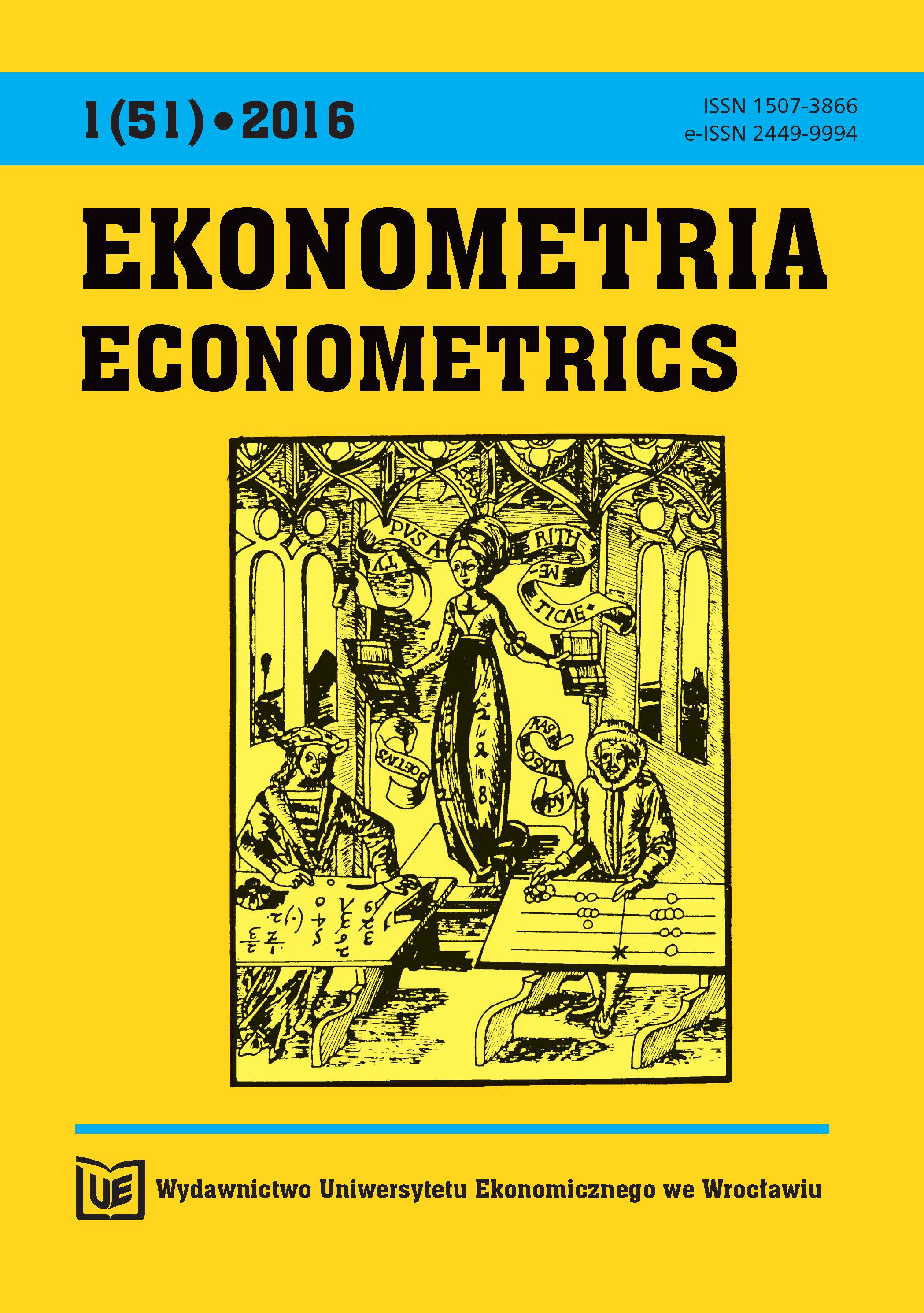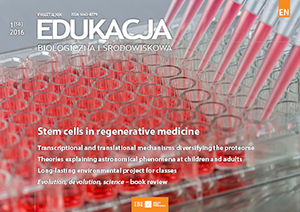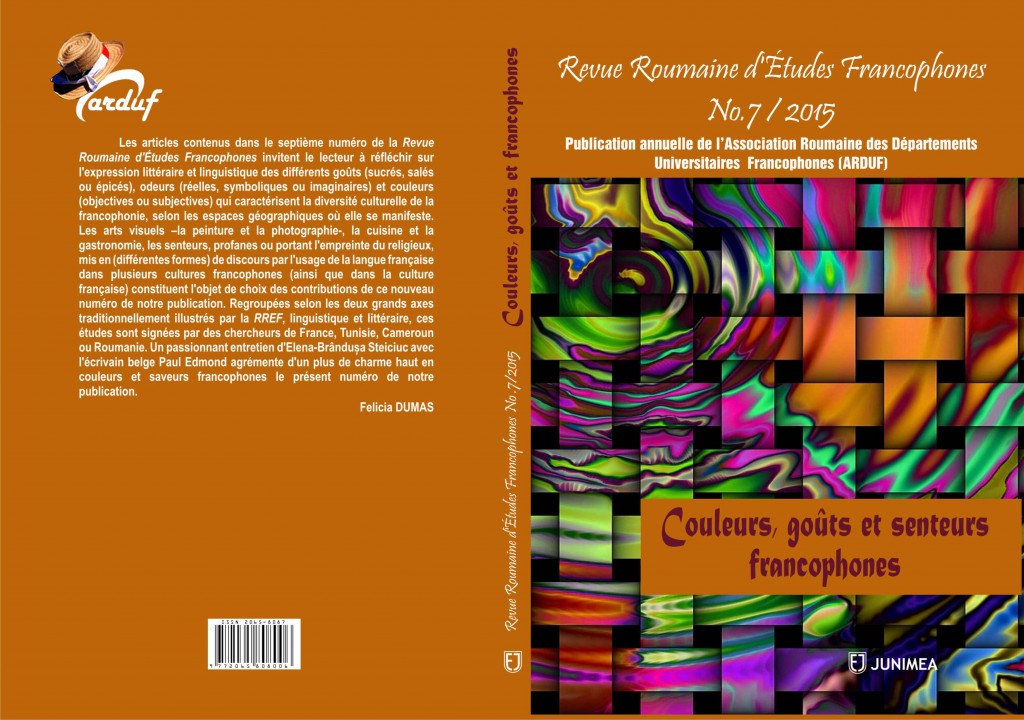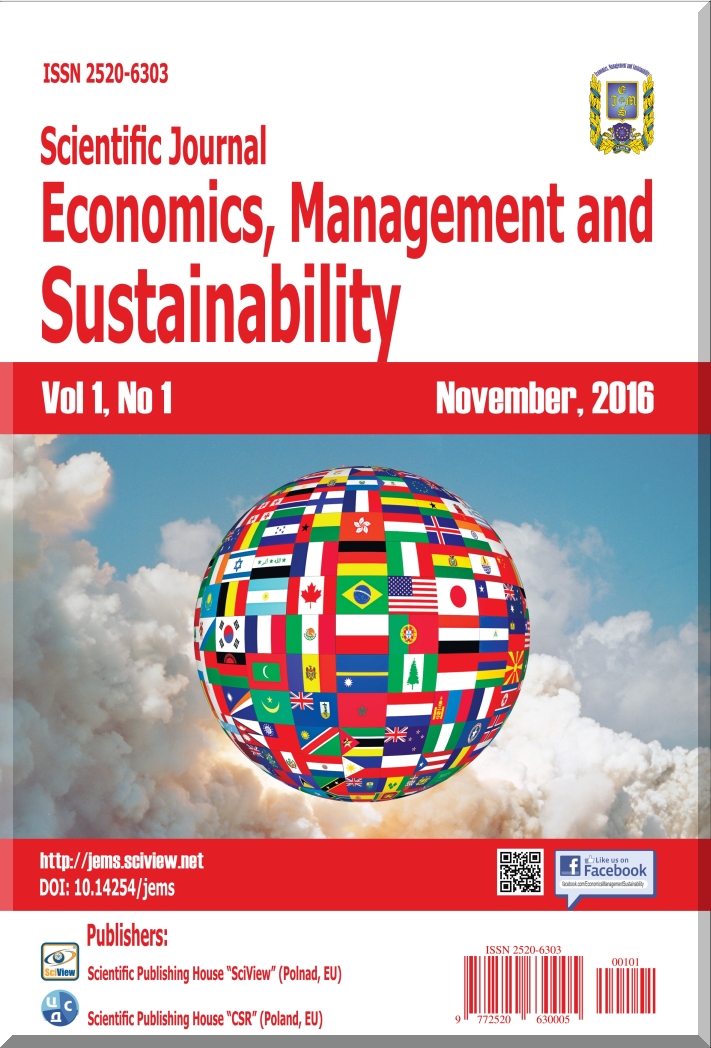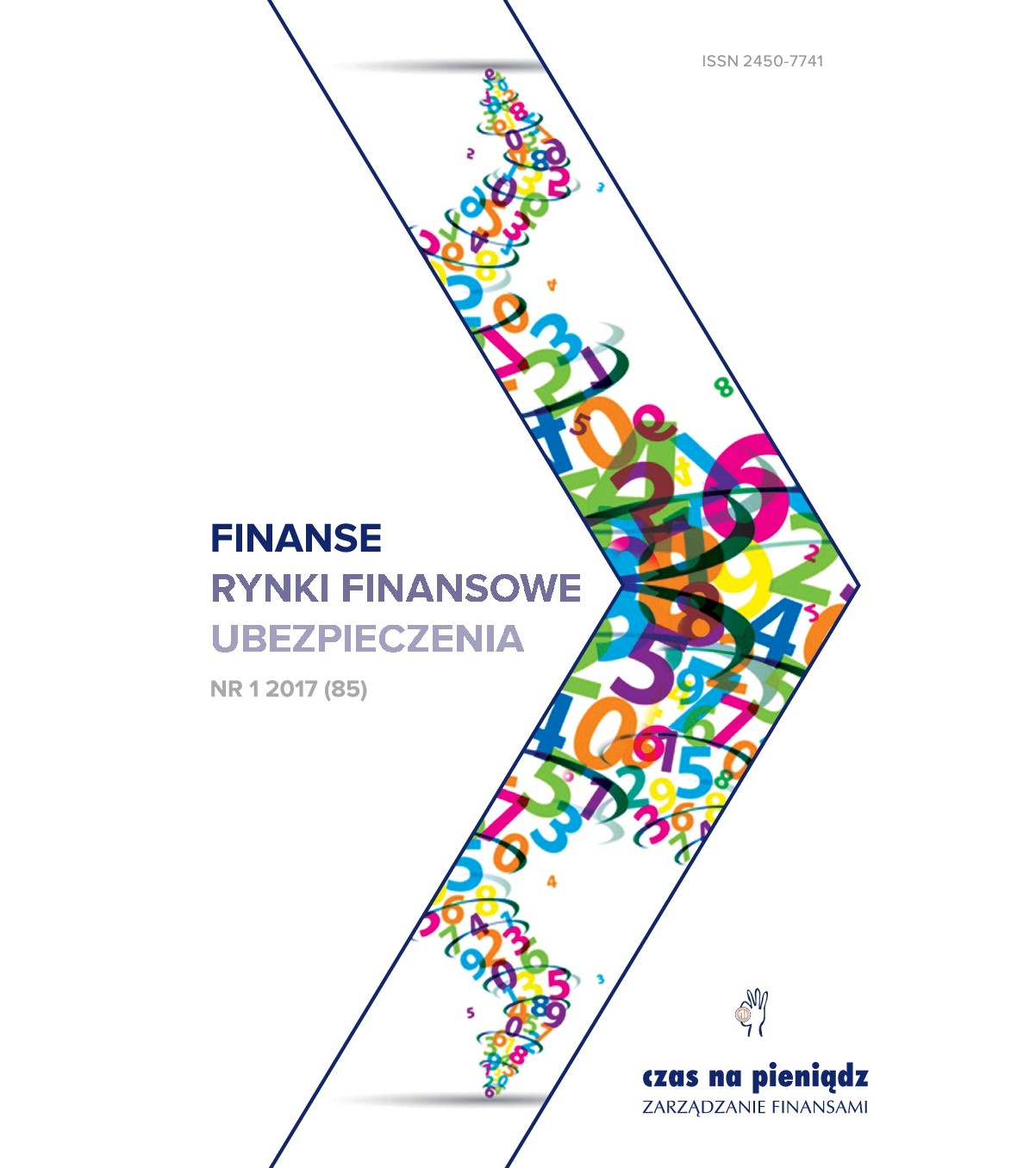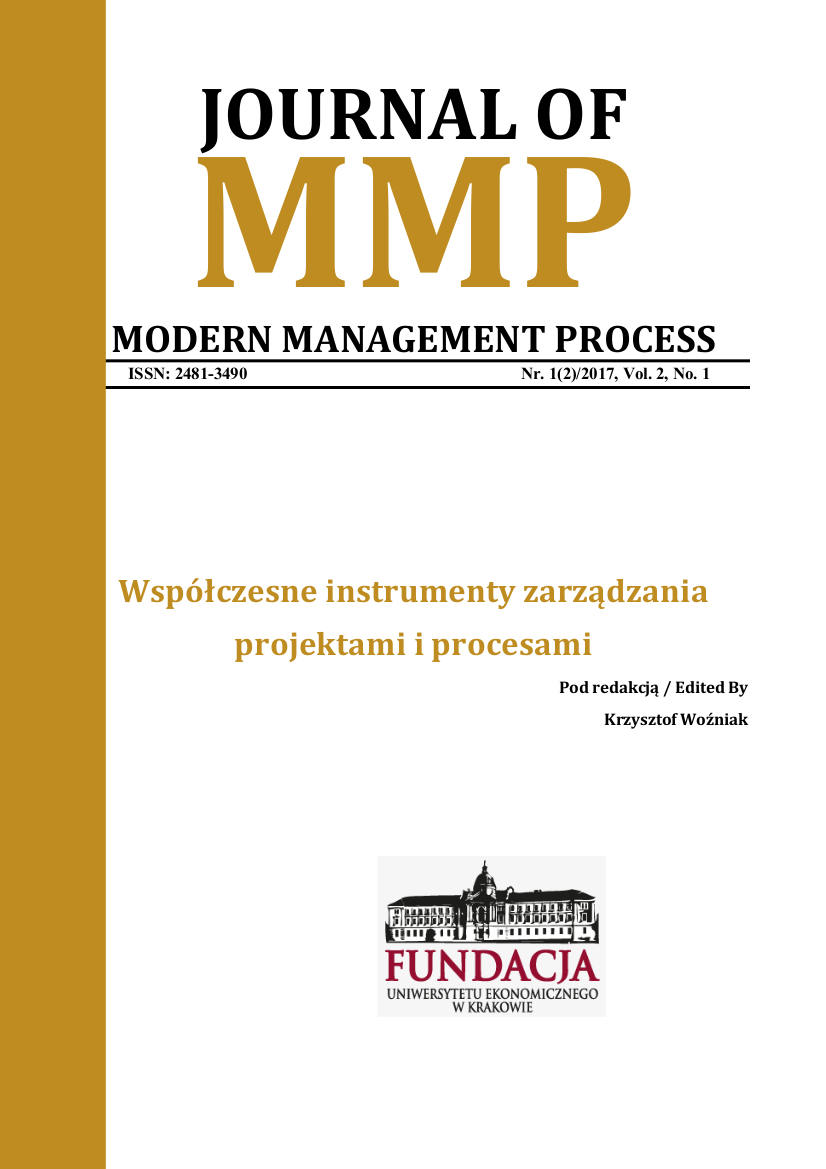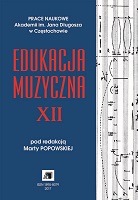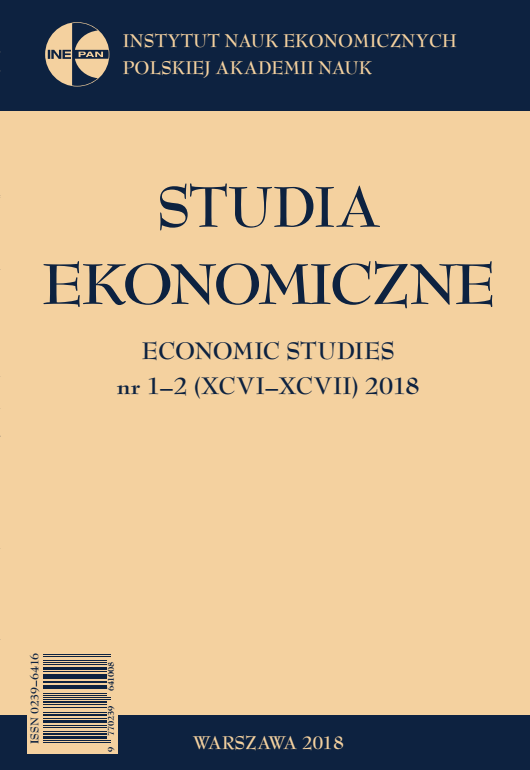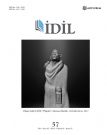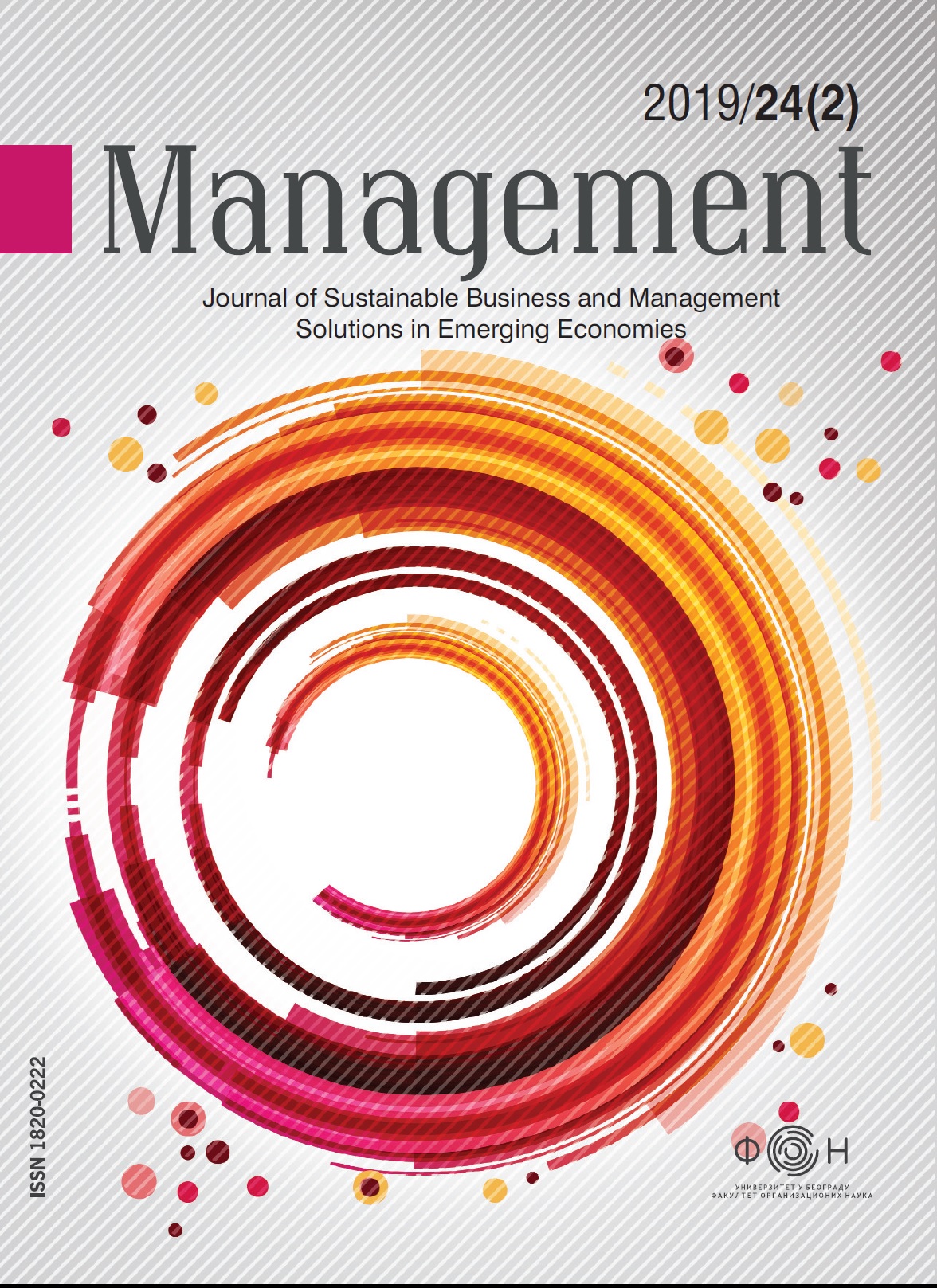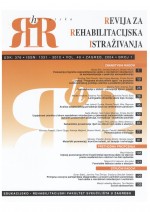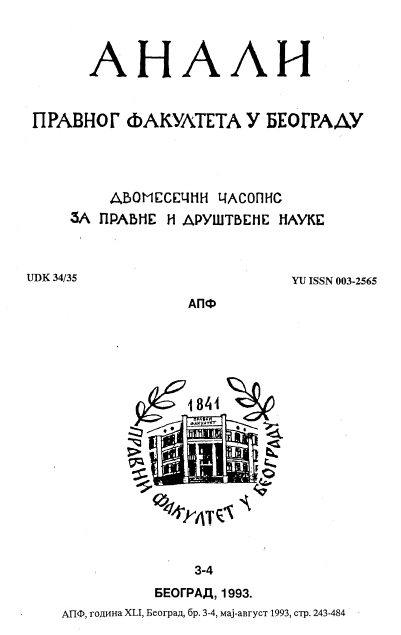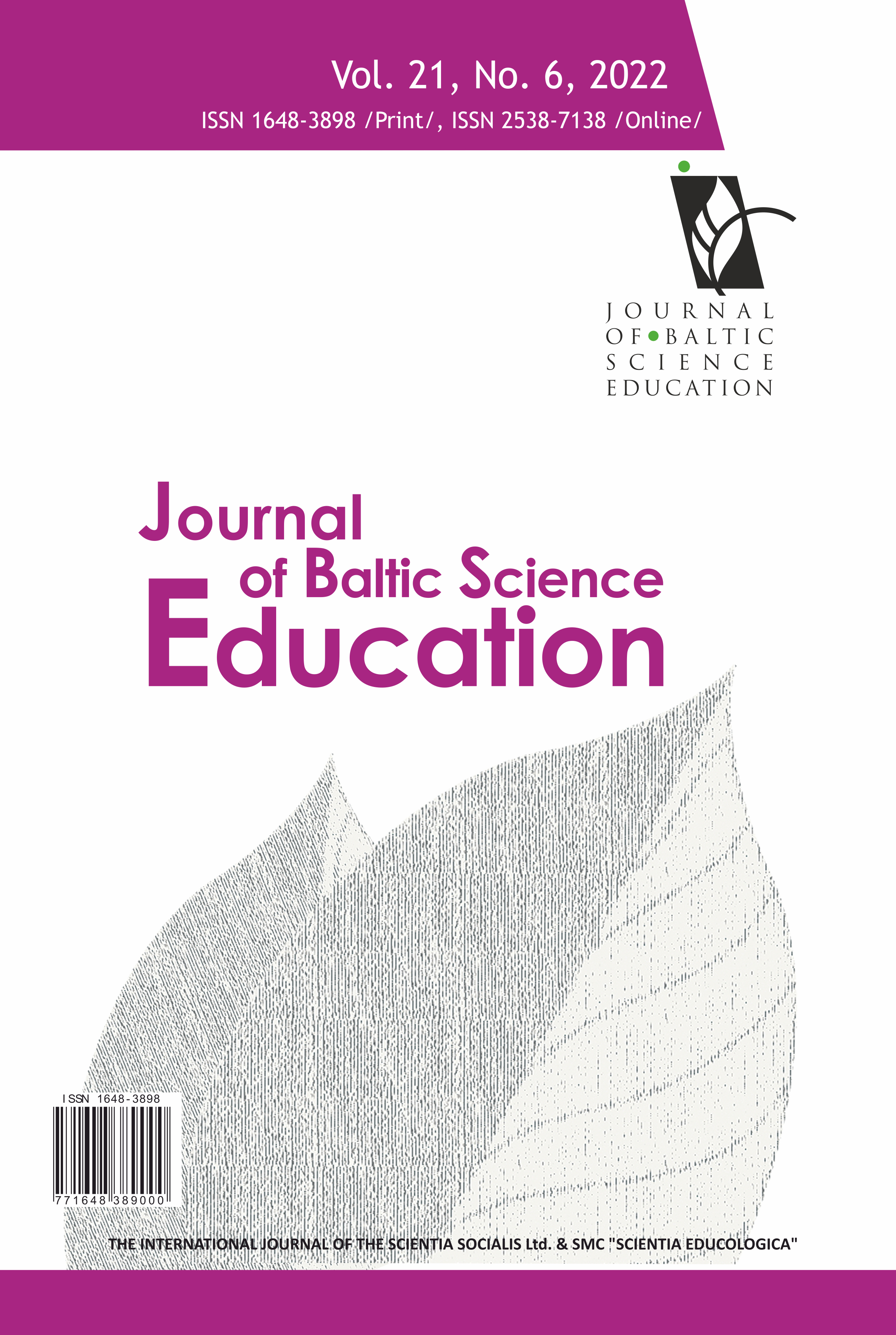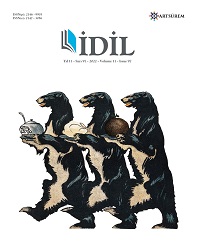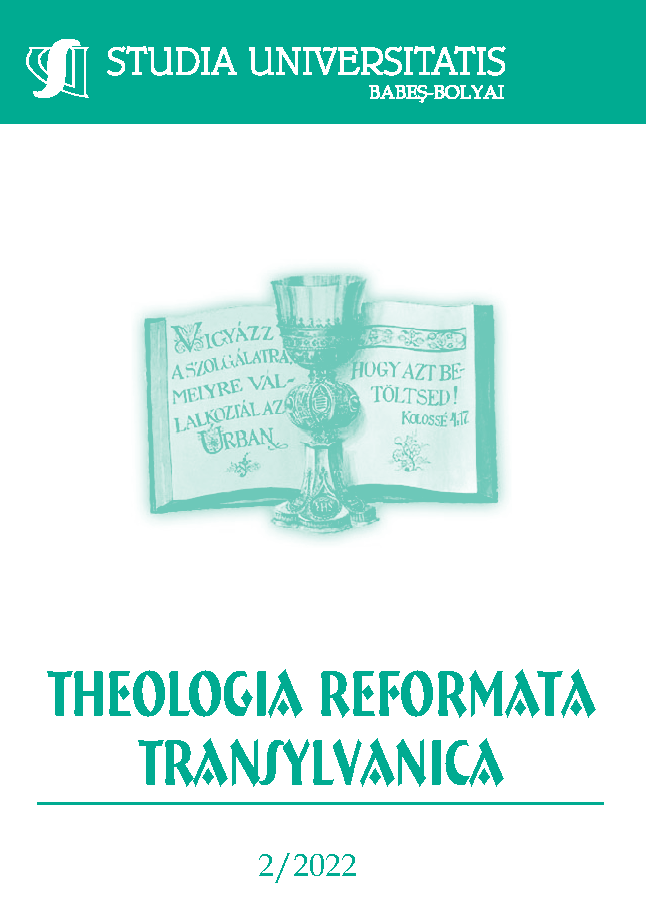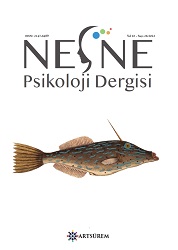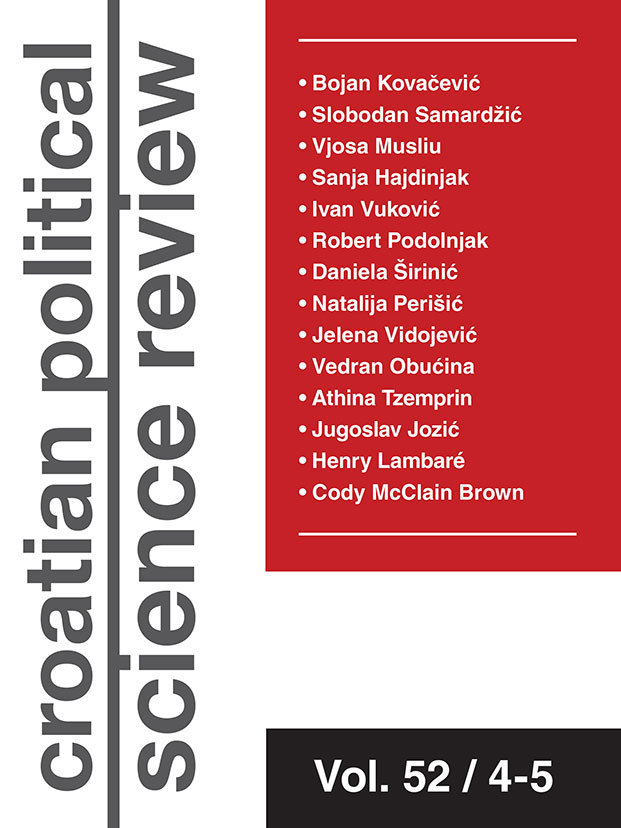
The Middle East Cold War: Iran-Saudi Arabia and the Way Ahead
The Middle East Cold War: Iran-Saudi Arabia and the Way Ahead
Keywords: Geopolitics; Ideology; Balance of Power; Mosaic of Identities; Proxy Wars
Saudi Arabia and the Islamic Republic of Iran are two of the Middle East’s regional powers. The rivalry between these two countries has long been a determinant factor in the shaping of geopolitics in the Persian Gulf. In this complex and conflicting relation their neighboring countries have often been the battlefield of proxy wars. The Arab Spring has brought dramatic changes in the Middle East. By elevating sectarian violence to an unprecedented level, the already tense religious fragmentation of the Arab countries was further polarized. This paper will first present a review of the factors underpinning the contest between the two countries, and after that, the current developments and the ways they impact the competition for regional supremacy in the Persian Gulf.
More...
